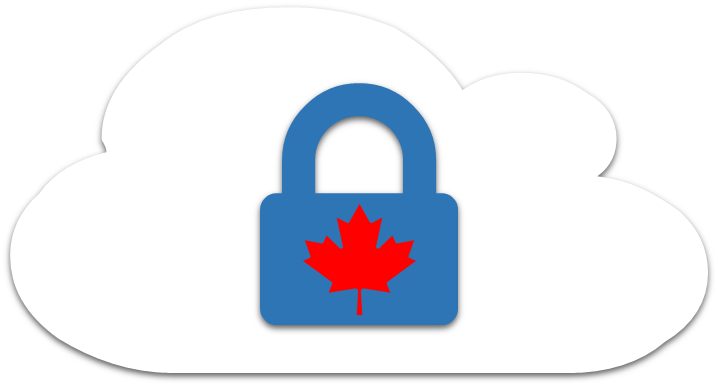Important: The GCConnex decommission will not affect GCCollab or GCWiki. Thank you and happy collaborating!
Secure Use of Collaboration Tools
| Overview and User Considerations | Technical Considerations | Secure Use of Collaboration Tools |
|---|
BackgroundThe Government of Canada’s (GC) Policy on the Acceptable Network and Device Use (PANDU) recognizes that open access to modern tools is essential to transforming the way public servants work and serve Canadians. This policy requires that public servants have open access to the Internet, including GC and external tools and services that will enhance communication and digital collaboration, and encourage the sharing of knowledge and expertise to support innovation. Collaboration tools allow public servants to build and maintain interactive dialogue with the communities they serve. Examples include sites such as Twitter and LinkedIn; online presentation sharing tools such as Prezi or SlideShare; and real-time discussion tools such as Slack, to name a few. ConsiderationsFrom an IT Security standpoint, connections to external tools and services carry the same risks as other connections to the internet. However, departments should take into account that usage of these sites may require some form of identification of the individual and consequently, their association with an organization (e.g. a GC department or agency). Departments should consider the following:
inherently prone to malicious users providing links to malware content that can propagate to a department’s infrastructure;
can be monitored by non-Canadian and /or third party products, services or businesses;
Heading 3References |

